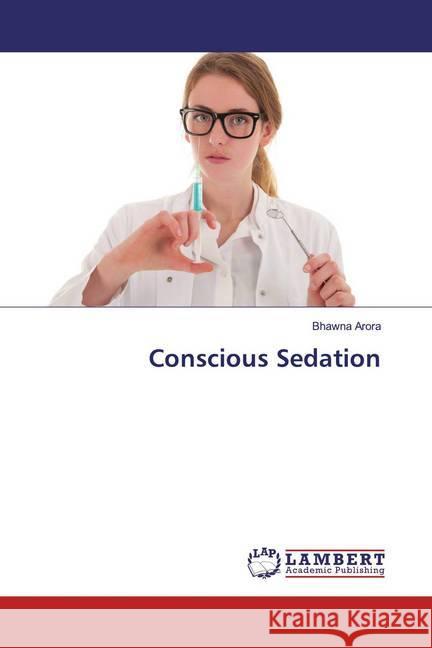Conscious Sedation » książka
Conscious Sedation
ISBN-13: 9786139923342 / Angielski / Miękka / 2018 / 96 str.
Behavior management strategies for pediatric dental patients have evolved greatly over the past 2 decades, with adverse techniques such as hand-over mouth exercise and hand-over-mouth with airway restriction having lost considerable popularity.1 In light of this trend, conscious sedation is a vital dimension of pediatric dentistry for those children who fail to cooperate for treatment in a conventional setting. Surveys of pediatric dentists in the mid to late 1980s found that 70 to 76% of respondents used conscious sedation. A recent survey of the American Association of Pediatric Dentistry members found an increased use of sedation by pediatric dentists in 2000.4 The popularity of conscious sedation among pediatric dentists is underscored by the safe and effective means by which sedative drugs can be used when practitioners follow the Guidelines for the Elective Use of Conscious Sedation, Deep Sedation, and General Anesthesia in Pediatric Dentistry.1











